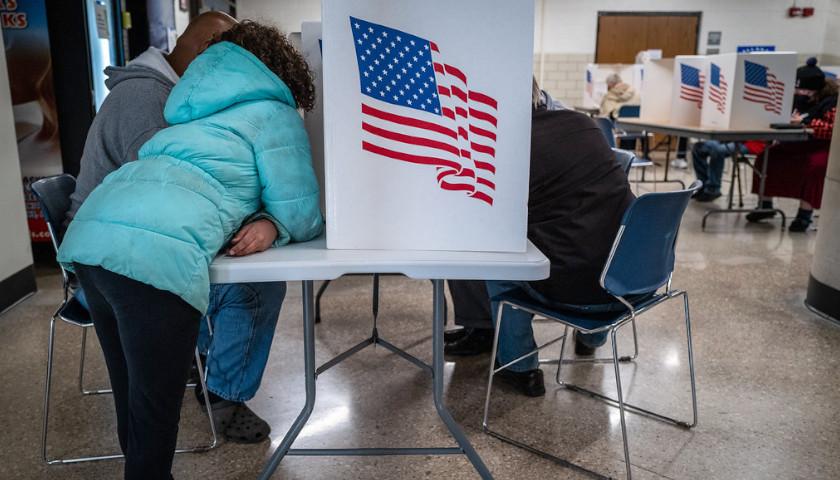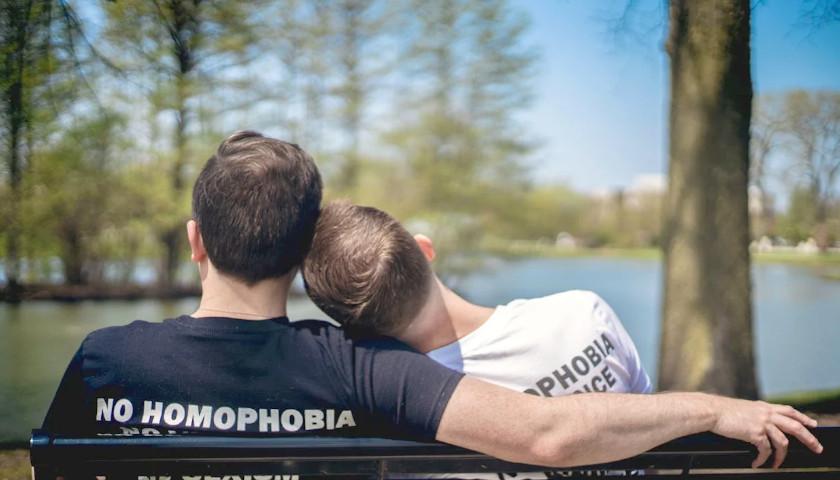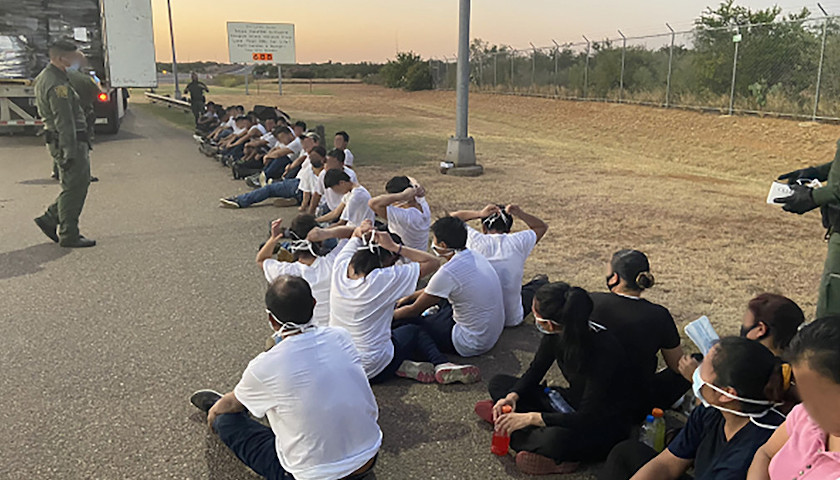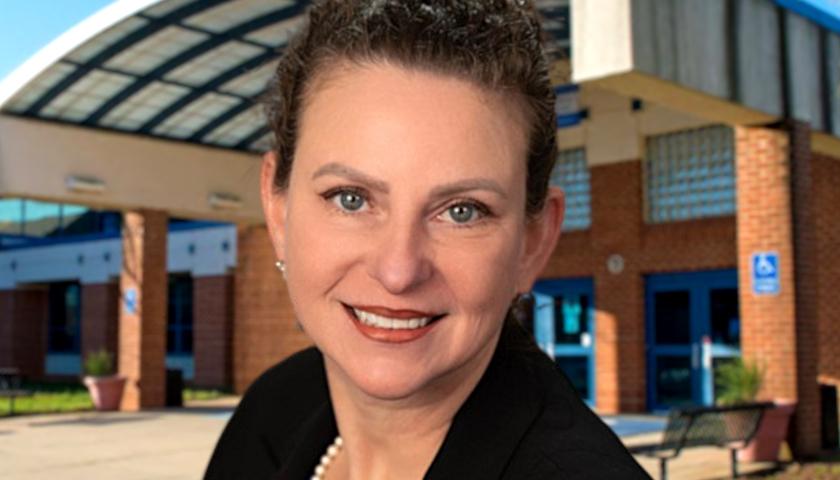With efforts to close New Hampshire’s presidential primary likely failing, the state’s primary could be determined by the state’s independent voters, who make up nearly 40 percent of the state’s electorate.
Republicans make up significantly fewer voters, 29.82 percent, and Democrats slightly more, at 30.28 percent. Since President Joe Biden has no significant challengers in the state’s Democratic primary, many Democrats were expected to register as independents — known as undeclared voters in the state — to sway the Republican primary.
Jay DeLancy, who runs the Voter Integrity Project, told The New Hampshire Star that the establishment pushes for open primaries in states like New Hampshire because the crossover votes from non-Republicans create the impression a leading conservative candidate doesn’t have as much support. He said in his state of North Carolina, the establishment has fought for years to keep the primary open for that reason. In New Hampshire, he said the establishment’s goal is to get as many votes for Nikki Haley as possible, creating such an appearance of support for her that former President Donald Trump will be forced to accept her as his vice presidential running mate.
DeLancy compared it to the 1980 presidential primary race, where he said moderates helped George H.W. Bush perform so well that Ronald Reagan was forced to choose him to run on the ticket. He said in North Carolina, a viable candidate for chair of the state Republican Party recently ran on a platform of closing the primaries. Since the candidate came close to winning, the North Carolina Legislature changed the law a few months ago to ensure political parties cannot close the primaries.
Previously, North Carolina state law left it up to the political parties to decide whether or not to allow independents to vote in their primaries. The new law removed that discretion, requiring the parties to allow them. North Carolina and New Hampshire have partially open primaries; while independents can vote in the political parties’ primaries, voters from other parties cannot cross over.
In New Hampshire, the deadline for choosing a party registration for voting in the presidential primary was October 6, 2023. Democrats who intend to vote in the Republican primary must have switched their voter registration to undeclared or Republican by that date. New voters, however, can register as late as primary day at a polling site. According to Reuters, Democrats don’t have a backup candidate, having settled on Biden.
New Hampshire Attorney General John M. Formella sent a cease-and-desist letter to the Democratic National Committee (DNC) on January 8, warning the DNC to stop asserting that the Democratic primary in New Hampshire is “meaningless.” Last year, the Biden campaign instructed the DNC to hold the first primary in South Carolina since it is more of a diverse state than New Hampshire (Biden came in fifth in New Hampshire’s Democratic presidential primary in 2020) or Iowa (he came in fourth), but the New Hampshire Democratic Party ignored the change and went ahead anyway. As a result of the feud, Biden’s name does not appear on the ballot, and instead, his supporters will write his name in.
While many stress that independents can decide races since they outnumber Republicans and Democrats in many places around the country, recent polls show they are split about evenly between leaning Republican and leaning Democrat. A Gallup poll from December 2023 showed 47 percent identify more with Republicans and 46 percent identify more with Democrats. However, if larger numbers of independents who lean Democrat choose to vote in the GOP primary, it could shift support from Trump to the more moderate Haley.
The latest poll in the New Hampshire Republican primary, which takes place on Tuesday, has Trump ahead of Haley by 17 points. The Boston Globe/Suffolk poll from January 19, which surveyed Republicans and independents, showed Trump with 52 percent, Haley at 35 percent, and Ron DeSantis at 6 percent. Trump won 35 percent of the Republican primary vote in 2016, more than double the showing of his nearest competitor, then-Ohio Gov. John Kasich.
Trump won 51 percent of the vote in the closed Iowa Republican caucuses earlier this month, Haley won 19.1 percent, and DeSantis took 21.2 percent. Unlike New Hampshire, there are more registered Republicans than Democrats in the state and about as many independents as Republicans. In Haley’s home state of South Carolina, where she served as governor, the most recent poll shows Trump 29 points ahead of her. The state has completely open primaries; since voters don’t register by political party, they can vote in any primary.
– – –
Rachel Alexander is a reporter at The Arizona Sun Times and The Star News Network. Follow Rachel on Twitter / X. Email tips to [email protected].
Photo “People Voting” by Phil Roeder. CC BY 2.0.





